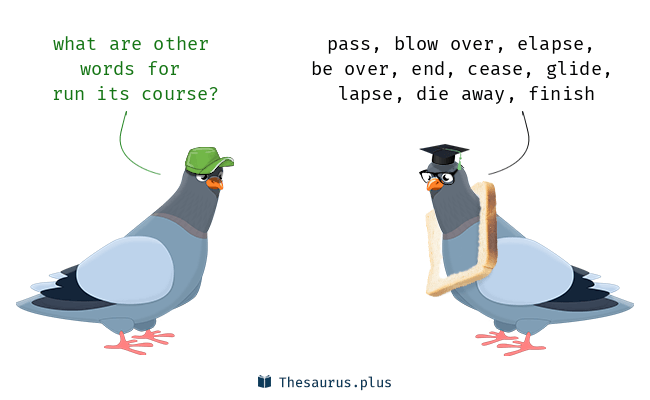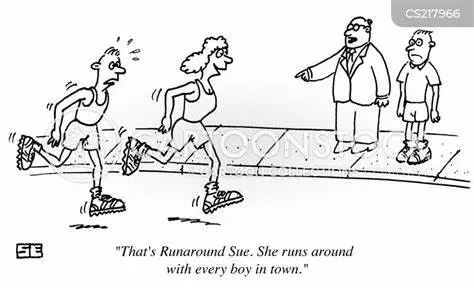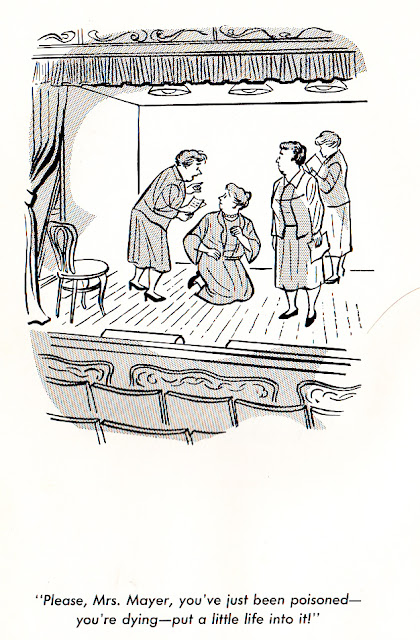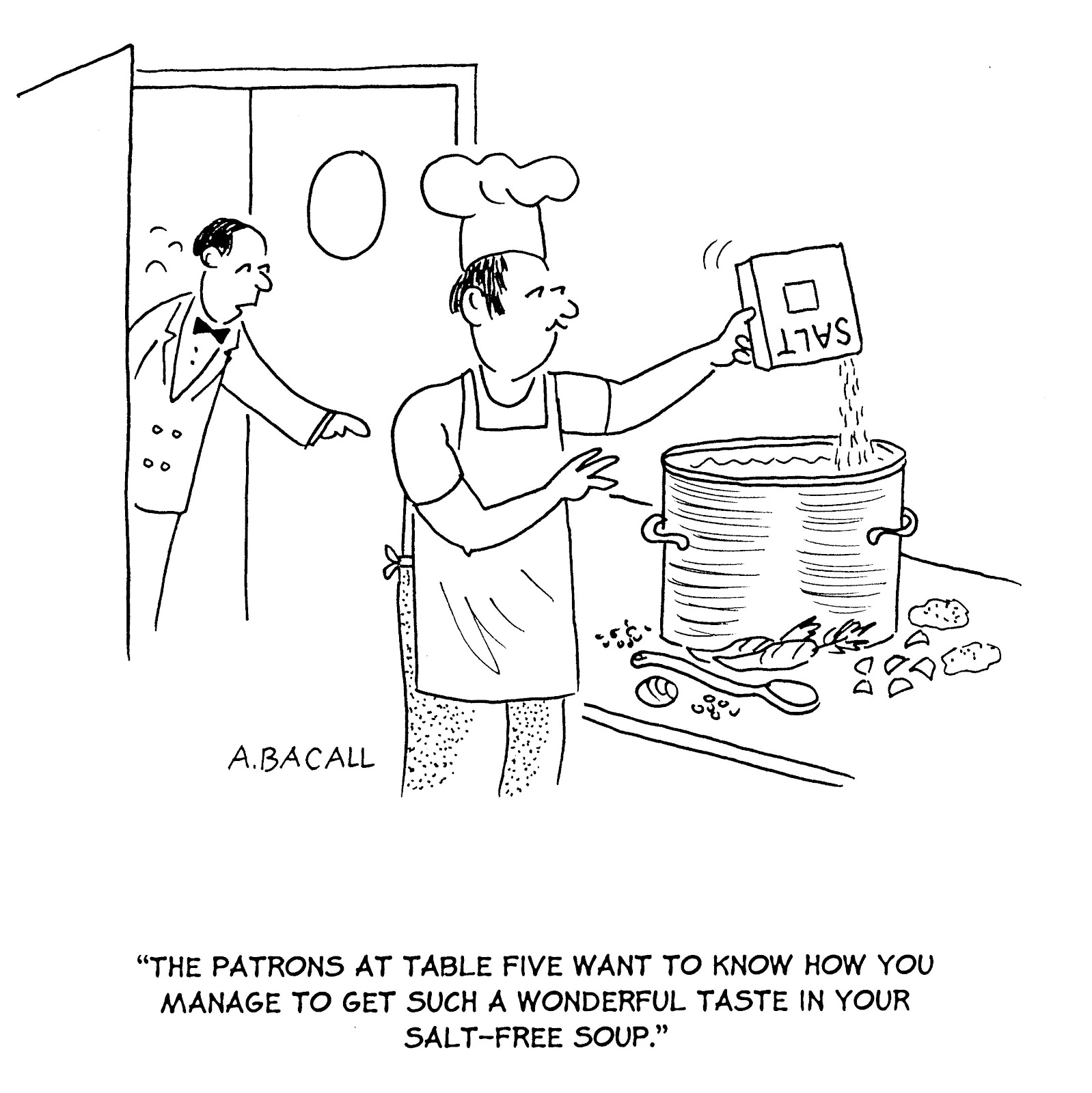English is full of versatile words, but few are as multifaceted as "run." This seemingly simple word is packed with meanings and uses that span different contexts and scenarios. Let’s explore the various definitions of "run" and how it fits into the intricate tapestry of English vocabulary.
Verb Uses
- Escape or Flee:
- Example: "The convict tried to run from the authorities."
- Melt or Flow:
- Example: "The butter started to run as soon as it hit the hot pan."
- Pass a Law:
- Example: "The government plans to run new legislation this year."
- Spread (as in news or information):
- Example: "The rumor quickly ran through the office."
- To Stretch or Extend Over Time:
- Example: "The concert will run until midnight."

Noun Uses
- A Stretch or Length:
- Example: "They installed a long run of new carpet."
- A Short Journey:
- Example: "I took a quick run to the store for groceries."
- A Spate or Series of Events:
- Example: "They experienced a run of bad luck."
- A Brief Appearance or Engagement:
- Example: "The play had a successful run in the West End."
- A Rapid Movement or Sudden Rush:
- Example: "There was a run on the bank after the financial crisis hit."

Idiomatic and Phrasal Verb Uses
- Run Up Against: To encounter a problem or challenge.
- Example: "We ran up against some unexpected delays."
- Run Over: To drive over something or someone.
- Example: "The car ran over a nail and got a flat tire."
- Run Through: To deplete resources or money quickly.
- Example: "He ran through his inheritance in just a few years."
- Run Off: To print or duplicate something quickly.
- Example: "I’ll run off copies of the report for everyone."
- Run Behind: To be late or delayed.
- Example: "The project is running behind schedule."

Technical and Specialized Uses
- Run (Finance): A period of rapid trading or activity in financial markets.
- Example: "There was a bull run in the stock market last week."
- Run (Sports): The distance covered in a race.
- Example: "He completed a 10K run in under an hour."
- Run (Textiles): A flaw or tear that travels along the fabric.
- Example: "She noticed a run in her silk dress."
- Run (Theatre/Film): The period during which a show or movie is available to the public.
- Example: "The film had a three-month run in theaters."
- Run (Programming): The execution of a program or script in computing.
- Example: "Make sure the program runs without errors."

Contextual Uses
- Run (Travel/Transport): A regular route taken by a vehicle.
- Example: "The bus driver completed his usual morning run."
- Run (Politics): To campaign for election.
- Example: "She decided to run for president in the upcoming election."
- Run (Cooking): To mix or melt together smoothly.
- Example: "Let the cheese run over the hot dish."

Conclusion
The word "run" exemplifies the richness and complexity of the English language. Its versatility allows it to be applied in various contexts, from describing physical movement to expressing complex idiomatic meanings. Understanding the different meanings of "run" can enhance your communication skills and appreciation of linguistic diversity.
Whether you’re running a business, running a marathon, or running out of time, this little word plays a big role in our daily lives. So next time you come across "run," take a moment to appreciate its many shades of meaning and the unique ways it enriches our language.



The Many Faces of "Run" in the English Language